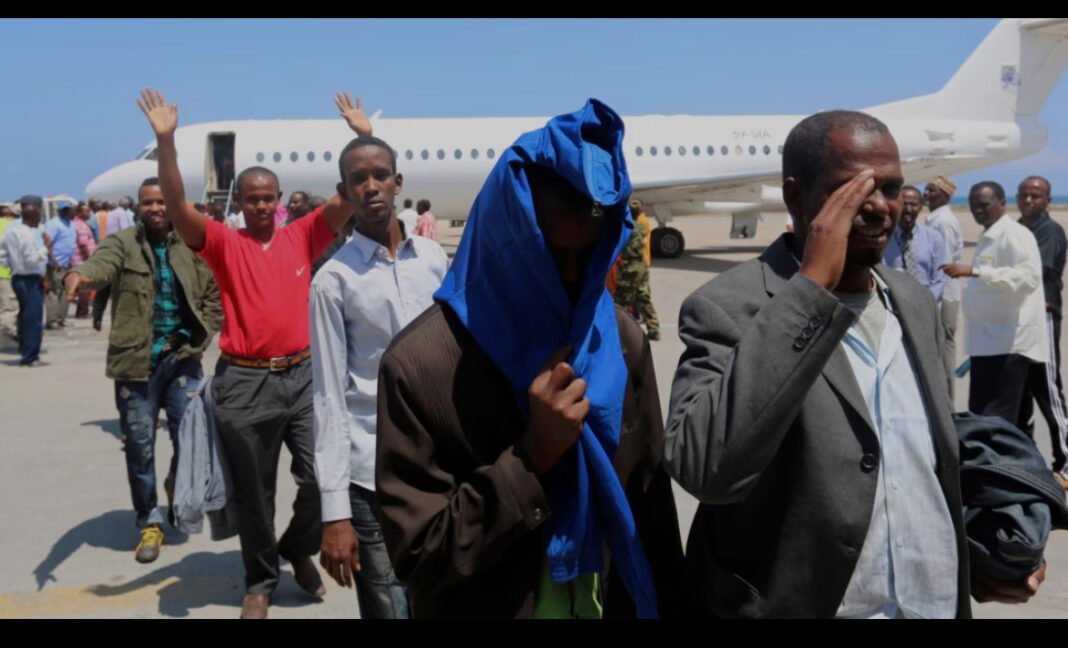STOCKHOLM, (HAN) — A Swedish court has temporarily blocked the deportation of Somali nationals who were scheduled to be returned to Mogadishu, citing concerns about their safety amid ongoing violence and instability in Somalia’s capital.
Lawyers representing the asylum seekers argued that returning them would put their lives at serious risk. They highlighted threats from armed groups, including Al-Shabaab, ongoing political instability, and widespread insecurity that makes daily life in Mogadishu extremely dangerous. “Sending these individuals back to Mogadishu would expose them to extreme danger,” said one of the lawyers.
The Somali nationals affected include men, women, and families, some of whom fled the country years ago after experiencing targeted attacks, forced recruitment by militant groups, and other forms of persecution. Many have lived in Sweden for several years while awaiting a decision on their asylum claims.
Swedish authorities had planned to carry out the deportations in the coming days. However, the court’s ruling suspends the removals until each asylum claim can be fully reviewed, ensuring that Sweden meets its legal obligations under both national and international law.
The case has gained extra attention amid reports that the Swedish government had reached an agreement with Somalia’s Office of the Prime Minister to quietly return Somali citizens. According to sources, the deal was meant to facilitate deportations discreetly. However, last week, the Somali government officially dismissed the agreement, complicating efforts to carry out the deportations and raising questions about the legality and transparency of the original deal.
Human rights organizations welcomed the court’s decision, describing it as a necessary protection for vulnerable individuals facing life-threatening conditions if returned. “This ruling reinforces the importance of safeguarding those fleeing conflict and persecution,” said a spokesperson for a Swedish human rights group.
Swedish immigration authorities have not yet commented on how they plan to proceed following the court’s intervention.
Somalia, particularly Mogadishu, has faced decades of conflict, with frequent attacks by militant groups, political instability, and limited access to basic services. International organizations have repeatedly warned that returning civilians to the capital could expose them to serious harm, especially those who have previously been targeted.
The case highlights broader challenges in Europe regarding the deportation of asylum seekers to countries experiencing ongoing armed conflict and insecurity. It underscores the delicate balance governments must strike between enforcing immigration laws and protecting human rights for vulnerable populations.




